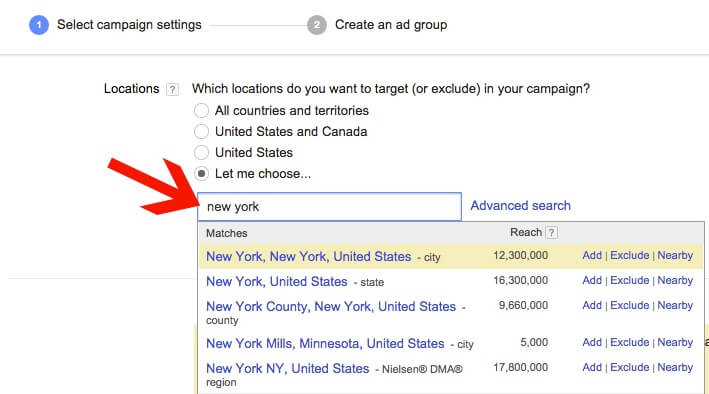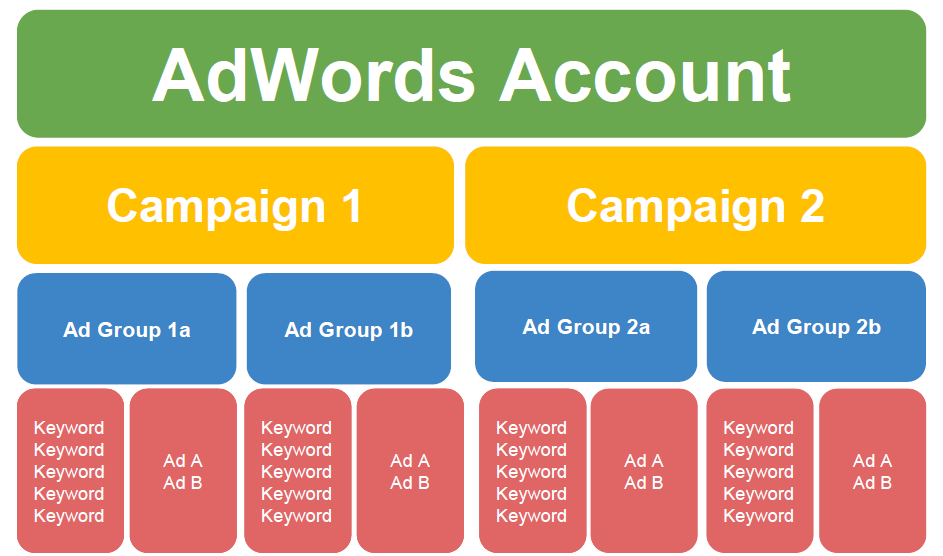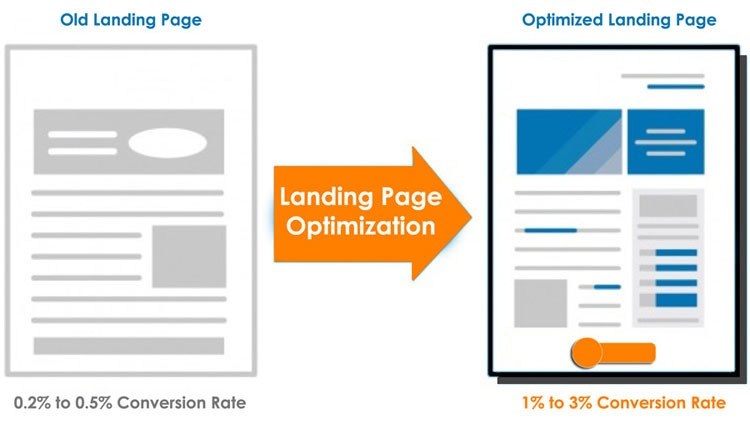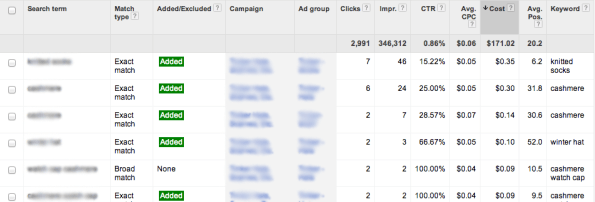
Managing an AdWords account is hard when you’re trying to stay on top of the latest Google updates and handling other matters at your organization. However, even a quick ten-minute AdWords campaign audit can help you make more sense of your PPC advertising efforts and prevent ad spend wastage. Here’s a guide to how you can conduct a quick PPC campaign audit along with the rationale for every step.
Review Campaign Goals
Before you do anything else, think about why your company uses AdWords. This will help you obtain clarity and focus on your way forward to a PPC campaign audit. For example, if you’re looking to reach prospects in Australia, knowing this will help you check whether the campaign is optimized for your preferred location.
Determine Daily Budget
It helps to determine the daily budget before you start your AdWords campaign audit. For example, if your monthly budget is $3000 dollars per month, the daily budget works out to $100 (3000/30 days). You can use this information to identify whether you’re underspending or overspending your daily budget and take steps to ensure efficient spending.
Check Location Settings

PPC campaign audit professionals also recommend checking set-and-forget settings such as location settings to ensure you’re targeting countries, states or cities that are relevant to your campaign.
Examine Campaign Structure
Determine whether your campaign structure aligns with the navigation of your website.
- For example, if you’re an apparel retailer offering clothes for different categories of customers like men, women and children, it makes sense to have separate AdWords campaigns targeting each category and directing traffic to relevant areas on your website.
Also read: Best Tips To Improve Your Google PLA – Shopping Campaign
- When you have a catch-all campaign, site visitors may get disinterested if they land on your home page and need to make an effort to find the specific category they’re looking for.
Scrutinize Ad Groups

Review the number of ad groups you have and make sure they’re organized, targeted and centered on a keyword theme. This will help you serve the right ads to qualified traffic and reduce costs.
- Having one ad group for a campaign is seldom enough – the more number of products you’re offering, the more number of ad groups you’ll need for specific targeting.
Analyze Ad Composition
A white label PPC audit company looks at ads with a critical eye, something you should do too.
- The ad should be enticing, relevant to the ad group, contain the right keywords and include a clear call-to-action (that is, what you want users to do to take them further along the sales journey).
- Also look for errors such as spelling mistakes and broken URL links because you don’t want to convey unprofessionalism.
Inspect Landing Pages

Every ad should lead to a dedicated landing page that matches ad copy. If there is any discrepancy, consumers can get confused and bounce before taking any action.
- During the AdWords audit, make sure the landing page includes keywords used in the ad and provides additional information that’s useful to site visitors.
- Here too, there should be a strong call-to-action that’s displayed prominently and a short form field to capture leads.
A white label PPC audit company checks the keyword types being used in an ad group.
Analyze Keyword Data

- Pull a search terms report to identify poor performers and consider pausing them or adding them to your negative keyword list.
- Check the Quality Score of keywords to track the individual performance of keywords.
- Implementing broad match type indiscriminately can lead to ad spend waste and bring irrelevant clicks because it doesn’t support niche targeting.
- Using a mix of broad, broad modifier, phrase and exact match type may be a better idea to enable both generic and specific targeting.
Also read: What is New in AdWords UI: Changes You Need to Know About
Look Into KPIs
Check important metrics like clicks, cost-per-click, impressions and click-through rates and conversions to determine whether your campaign is performing according to set objectives and goals.
The above steps are designed to help you quickly get an overview of campaign performance and save money. For a comprehensive audit, get in touch with AdWords audit experts!

